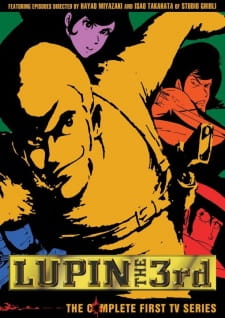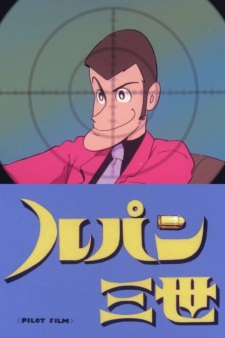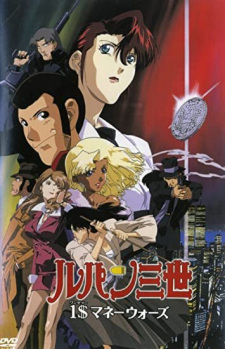Alternative Titles
Synonyms: Rupan Sansei, Lupin III: Memories of the Flame - Tokyo Crisis
Japanese: ルパン三世『炎の記憶 ~Tokyo Crisis~』
More titlesInformation
Type:
TV Special
Episodes:
1
Status:
Finished Airing
Aired:
Jul 24, 1998
Studios:
Tokyo Movie Shinsha
Source:
Manga
Theme:
Adult Cast
Demographic:
Shounen
Duration:
1 hr. 32 min.
Rating:
PG-13 - Teens 13 or older
Statistics
Ranked:
#31882
2
based on the top anime page. Please note that 'Not yet aired' and 'R18+' titles are excluded.
Popularity:
#7082
Members:
9,199
Favorites:
14
Resources |
|
Lupin III: Honoo no Kioku - Tokyo Crisis
Lupin III: Tokyo Crisis






.png)























![Q3 2020 Anime & Manga Licenses [Update 9/19]](https://cdn.myanimelist.net/r/50x78/s/common/uploaded_files/1593135017-d4d8cdfff8a5ca3450facf2cec6ab959.jpeg?s=4584a0934ed05b69aa359d7df0290add)
